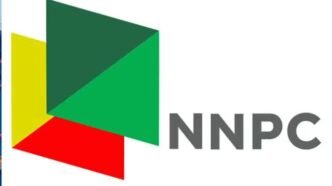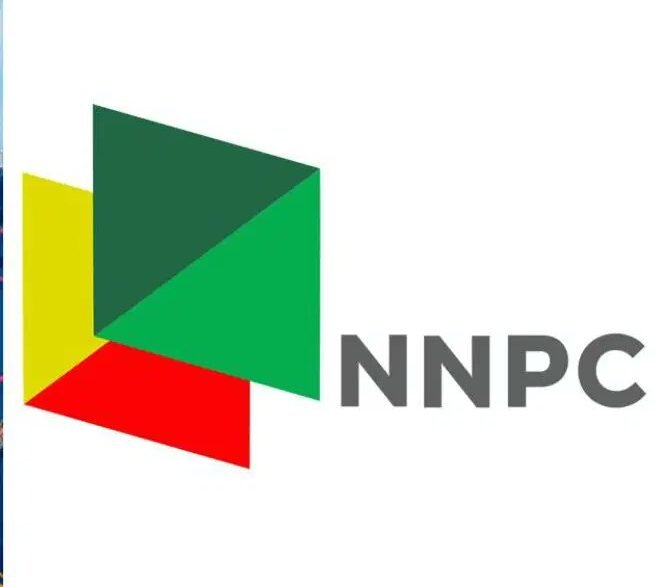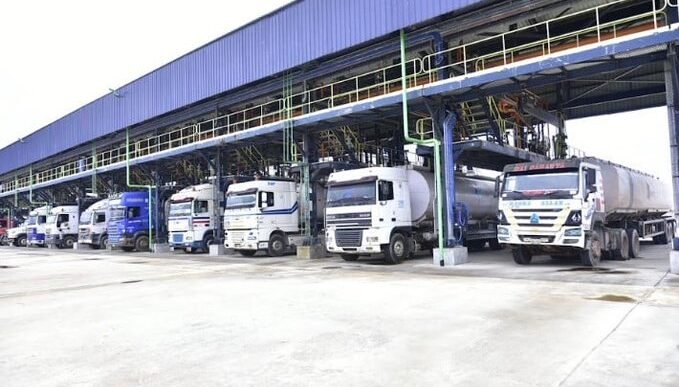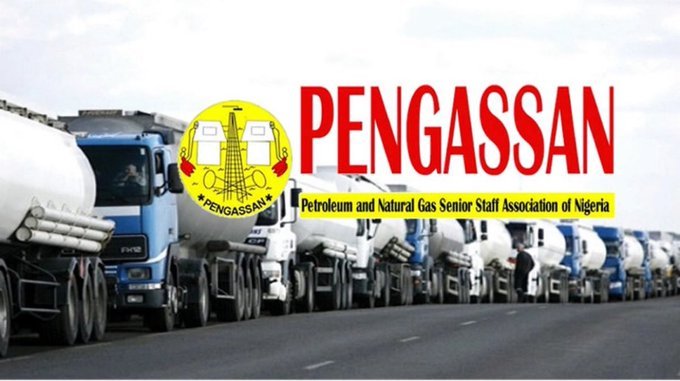The Nigerian National Petroleum Company Limited (NNPCL) has announced a stunning leap in its monthly profit, with figures for August 2025 showing N539 billion. This marks a 91.3 percent increase compared to the N185 billion recorded in July, a development that signals both the resilience and transformation of Nigeria’s state-owned oil giant.
This performance not only places NNPCL firmly in the spotlight but also raises critical conversations about Nigeria’s energy sector, its evolving business environment, and the broader implications for the national economy. With oil revenues forming a backbone of Nigeria’s fiscal structure, NNPCL’s surge in profit has implications that go beyond corporate success—it speaks to the health of the nation’s petroleum industry and its ability to drive economic growth.
The Record-Breaking Profit
According to figures released by NNPCL, August 2025 was one of its best-performing months since its transition into a limited liability company under the Petroleum Industry Act (PIA) of 2021. Posting a monthly profit of N539 billion is significant not just because of the amount but because it reflects a near-doubling of the previous month’s profit.
Analysts attribute this extraordinary rise to a combination of factors: higher crude oil production, improved efficiency in operations, the impact of deregulated downstream markets, and gains from Nigeria’s recent crackdown on oil theft and pipeline vandalism. Improved international oil prices and better foreign exchange liquidity for petroleum transactions have also been cited as contributing factors.
Operational Reforms Bearing Fruit
Since its transformation from a corporation into a limited liability company in July 2022, NNPCL has been tasked with operating as a fully commercial entity, less dependent on government subventions and with a mandate to compete with global oil giants.
Under this new structure, the company has undertaken several reforms aimed at streamlining its operations, curbing inefficiencies, and addressing long-standing transparency concerns. The sharp profit increase suggests that some of these reforms are beginning to bear fruit.
Industry observers note that the ongoing restructuring of its upstream, midstream, and downstream operations, alongside investments in digital monitoring of pipelines, has begun to reduce losses from crude theft and sabotage. Nigeria has historically lost billions annually to such activities, and NNPCL’s fightback appears to be making a tangible difference.
Global Market Context
The global oil market in 2025 has experienced a wave of volatility. While energy transition policies continue to dominate discussions in Europe and North America, demand for crude oil in Asia remains strong. Nigeria, as Africa’s largest crude producer, has been strategically positioned to take advantage of this demand.
Brent crude, which serves as a benchmark for Nigeria’s oil, has maintained prices above $90 per barrel for much of the third quarter of 2025. This favorable pricing environment, coupled with Nigeria’s slightly improved production levels averaging 1.6 million barrels per day, has added to NNPCL’s revenue flow.
Implications for Nigeria’s Economy
NNPCL’s profit surge is not just good news for the company but also for Nigeria’s fragile economy. Oil revenues remain critical to funding the federal budget, financing foreign exchange reserves, and supporting infrastructure projects.
With a jump from N185 billion to N539 billion in just one month, NNPCL’s contribution to the Federation Account Allocation Committee (FAAC) is expected to rise significantly. This means more funds available for states and local governments at a time when Nigeria faces pressing economic challenges, including inflationary pressures, unemployment, and currency instability.
Economists argue that if NNPCL sustains such high profit margins, the federal government may have some fiscal breathing space to implement social and economic programs without resorting to heavy borrowing.
Transparency and Public Scrutiny
Despite the positive financial report, NNPCL continues to operate under intense public scrutiny. The company has faced criticisms in the past over issues of accountability, subsidy management, and opaque financial reporting.
Stakeholders will therefore be watching closely to see whether the declared profit translates into tangible benefits for Nigerians or if the gains will be mired in controversy. Civil society groups have long called for greater disclosure of NNPCL’s financial statements and detailed breakdowns of its operations.
For now, the N539 billion profit will likely boost investor confidence and position the company as a potential player on the global stage. However, sustaining this momentum requires not just transparency but consistency in output and corporate governance.
Comparisons With Previous Years
The August 2025 performance is one of the highest monthly profit declarations since the company’s restructuring. In the past, NNPCL had struggled with losses due to subsidy payments, crude oil theft, and a lack of competitiveness.
The dramatic improvement contrasts sharply with 2022 and 2023, when operational inefficiencies and fiscal challenges dragged down its profitability. This shift suggests that the reforms initiated under the Petroleum Industry Act are beginning to create the intended impact.
Sustainability of the Growth
The big question now is whether NNPCL can sustain this level of profitability. Oil prices remain vulnerable to geopolitical tensions, global energy transition efforts, and the potential impact of renewable energy adoption. Furthermore, Nigeria’s oil production still falls short of its OPEC quota, and infrastructural bottlenecks continue to threaten long-term stability.
Experts caution that while August’s figures are impressive, NNPCL needs to consolidate its gains by investing in refining capacity, improving local content participation, and diversifying into renewable energy to prepare for a post-oil future. The completion and optimization of the Dangote Refinery, alongside NNPCL’s own refining projects, could be critical in this regard.
Reactions From Stakeholders
News of the N539 billion profit has sparked reactions across the business and political space. Some stakeholders have hailed it as evidence that Nigeria’s oil sector can be profitable if properly managed. Others have called for caution, stressing that one month’s performance does not necessarily indicate long-term success.
Investors in the Nigerian capital market will also be watching closely, as NNPCL’s financial strength has implications for the country’s overall investment climate.
Looking Ahead
The NNPCL’s remarkable August profit serves as both a milestone and a test case. It highlights what is possible when reforms, global market conditions, and operational improvements align. Yet, it also underscores the fragility of Nigeria’s dependence on oil revenues.
As the company moves forward, sustaining such profits will depend on its ability to maintain production levels, strengthen transparency, and diversify its energy portfolio. For Nigeria as a whole, NNPCL’s success could be the catalyst for broader economic growth—if managed prudently.
Conclusion
The 91.3 percent surge in NNPCL’s profit to N539 billion in August 2025 is a landmark achievement that underscores the potential of Nigeria’s oil sector under a reformed and commercially driven structure. It offers hope for the nation’s economy, signals progress in operational reforms, and positions the company as a formidable force in the African energy landscape.
However, the real test lies in sustaining this momentum. Whether NNPCL can maintain such profitability in the face of global and local challenges will determine not just its corporate future but also Nigeria’s economic stability in the years to come.












